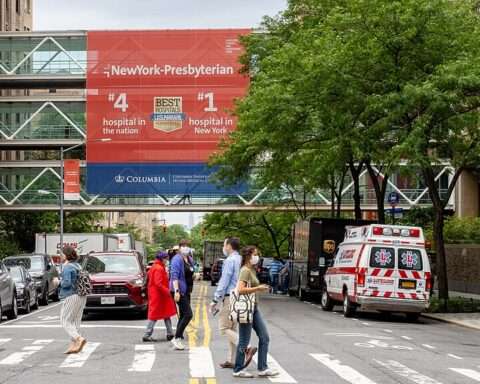This story was originally published in the Government Contracting Pipeline newsletter from Strategic Partnerships, Inc. To have the latest government contracting news stories from across the country delivered straight to your inbox, click here to subscribe.
The U.S Environmental Protection Agency (EPA) has approved the final ruling for the Proposed Lead Copper Rule Improvements (LCRI) initiative that will require all legacy lead pipes to be removed from service within 10 years. To support the initiative, the EPA is announcing the availability of $2.6 billion to address lead pipe identification and replacement projects around the country.
The EPA has adopted the final proposal for the LCRI, a federal program designed to enhance the nation’s drinking water quality through regulatory advancements. The final proposal will protect children and adults from lead exposure, reduce regulatory complexity, streamline implementation and strengthen public health protections.
Lead, a harmful neurotoxin, often enters drinking water through corroded plumbing, especially in homes built before 1986. Despite being banned since the 1980s, over 9 million lead service lines are still in service in the U.S. today.
Working in tandem with the agency, the finalized LCRI will develop best practices and the regulatory framework necessary to expedite and simplify lead pipe replacements; while the EPA uses its statutory authority under the Safe Drinking Water Act to enforce these new regulations.
Some of the adopted LCRI regulatory provisions include:
- Achieving 100% lead pipe replacement within 10 years.
- Locating legacy lead pipes.
- Improving tap sampling.
- Lowering the lead action level.
- Strengthening protections to reduce lead exposure.
In addition, the EPA will make billions in funding available to states through the drinking water state revolving funds (DWSRFs) to identify, codify and replace lead service pipes.
Additionally, the EPA is making $35 million in competitive grants available to reduce lead in drinking water. Community water systems, water systems governed by tribes, non-transient non-community water systems and qualified nonprofit organizations servicing public water systems are eligible to apply for grants up to $10 million to support drinking water infrastructure and lead reduction. Applications for this EPA funding opportunity are due online by Dec. 30.
The agency is unveiling a website to assist entities pursuing lead service line replacement funding. More EPA funding and grant opportunities will be published there as funding dictates.
Both the LCRI and EPAs’ initiatives will support the White House’s Justice40 initiative, delivering more than 40% of overall benefits to disadvantaged communities overburdened by underinvestment and/or pollution.
Photo courtesy Dietmar Rabich













